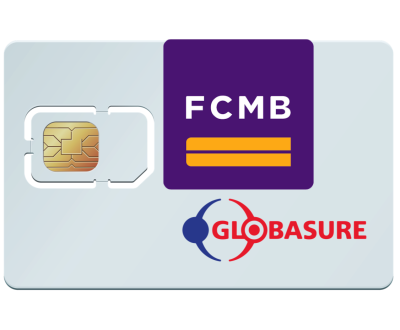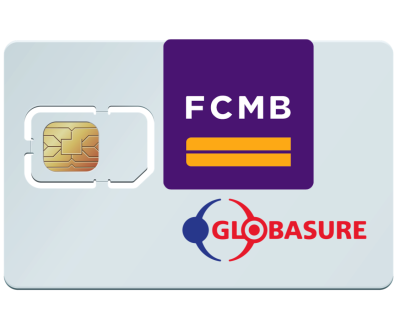The Central Bank of Nigeria (CBN) yesterday announced the liberalisation of money transfer operations in the country following the removal of the exclusivity agreements which Money Transfer Organisations (MTOs) signed with Nigerian banks.
In addition, the apex bank says it will continue to do all that’s needful to ensure that the charges are effectively moderated.
These disclosures were made yesterday evening by the CBN Governor Mallam Sanusi Lamido Sanusi when he addressed Students for the Advancement of Global Entrepreneurship (SAGE) in Abuja on child and youth financial inclusion strategy of Nigeria.
Sanusi who was represented by Mr Paul Eluhaiwe, Director, Development Finance of the CBN noted that the bank was “working towards eliminating rigidities accountable for high remittance charges having established that over 15 per cent of Diaspora remittances is for educational purposes of the youths while 12 per cent supports new businesses in which youths are engaged as either owners or employees.”
The CBN he stated, was now in the process of formulating guidelines to improve remittance services delivery environment in Nigeria.
Sanusi added that an integral part of the bank’s financial inclusion strategy “is the establishment of Entrepreneurial Development Centres (EDCs) across the country.”
This he said was a critical component since it has been established that “poor income is a key contributory factor to financial exclusion in Nigeria.”
The EDC initiative he said, would provide empowerment opportunities for the youth to encourage their entrepreneurial endeavours and promote job creation through the activities of youths in business.
Through the EDCs, the CBN says it has counselled over 100,000 entrepreneurs, trained over 41,000 and facilitated access-to-finance for more than 1,000 thereby keeping their visions of owning thriving enterprises alive.
For the women and mothers of the youths, the CBN governor said the CBN “has set a target of ensuring that financial exclusion among women is reduced from 54 per cent to 20 per cent by 2020” because for a society to grow (socially and economically), women who typically constitute half the population must be elevated and provided with equal opportunities.
To this end, the CBN he said would launch in the third quarter of 2013, a Micro, Small and Medium Enterprises Development Fund (MSMEDF) with 60 per cent of the fund committed to financing women entrepreneurs to enhance their access to finance.
Globasure is a provider of simple, smart payment solutions.
More from our blog
See all postsRecent Posts
All Website Tags
Leave a Comment cancel
This site uses Akismet to reduce spam. Learn how your comment data is processed.








 WhatsApp us
WhatsApp us